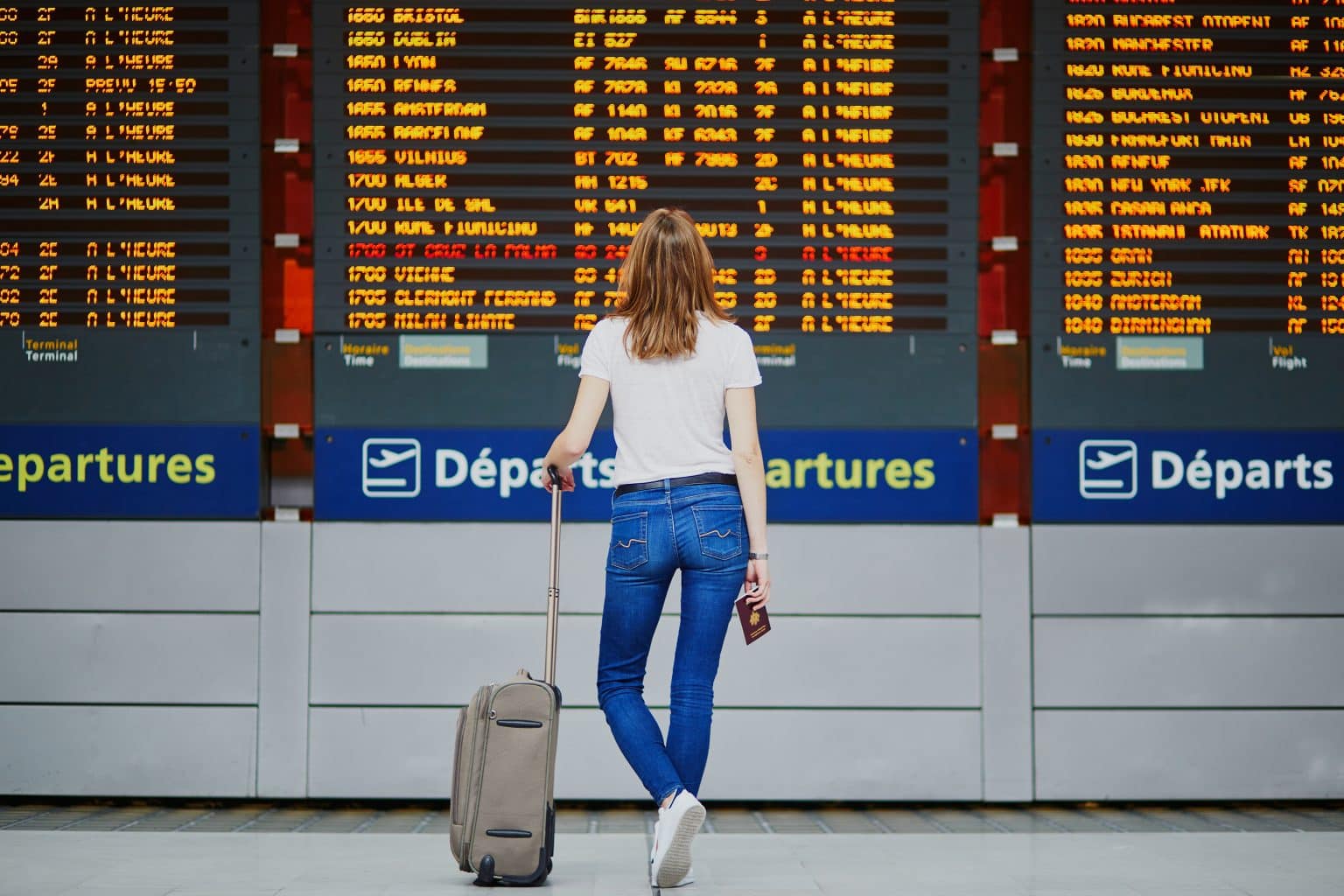A global IT outage has wreaked havoc on the travel plans of over 100,000 passengers, leading to widespread flight cancellations by major airlines, including Ryanair, British Airways, and EasyJet. As chaos ensues, experts are urging travellers to be vigilant and aware of their rights to compensation.
Cancelled Flights and Entitlement to Compensation
Travellers are entitled to compensation if a flight is cancelled with less than 14 days’ notice. Package holiday customers can claim a full refund or opt for a different destination. In the wake of this crisis, Tomas Vaišvila, CEO and flight compensation expert at Skycop, offers crucial advice on navigating the disruption.
“We advise anyone due to travel in the next few days to stay updated via flight trackers, airline apps, official websites, or social media channels before heading to the airport,” Vaišvila said. “If your flight was cancelled due to the outage, start the reimbursement process immediately.”
For those already at the airport, Vaišvila recommends visiting the customer service desk to initiate the compensation process. Travellers can claim not only the airfare but also meal vouchers and hotel accommodations if cancellations result in significant delays.
Rights to Meal Vouchers and Hotel Accommodations
“All major airlines offer meal vouchers if cancellations cause passengers to wait three hours or more and provide complimentary hotel accommodations for overnight cancellations,” he added. In cases where delays exceed five hours without resulting in cancellation, passengers can choose not to travel and receive a full ticket refund.
If a flight cannot be rescheduled, leading to the cancellation of an entire holiday, travel companies must offer an alternative holiday or a full refund of the package price, not just the flight portion. “If you received less than 14 days’ notice of a cancellation, you could claim compensation in pounds or euros depending on the departure location,” Vaišvila explained.
Advice for Package Holiday Travellers
For those with package holidays, the rights extend further. “If your flights are cancelled, you can claim a full refund, choose a different destination, and potentially receive compensation from the airline,” Vaišvila advised. Airlines must also provide free meals and refreshments for delays of at least two hours, along with free overnight accommodation and airport transfers if flights are rescheduled for the next day.
In instances where a travel operator cancels a package holiday, they are required to notify customers promptly to allow sufficient time for alternative arrangements or refunds. However, cancellations due to ‘extraordinary circumstances’ like air traffic control issues do not qualify for compensation.
Making the Decision: Refund or Reschedule?
Choosing between a refund or rescheduling depends on individual circumstances. Vaišvila suggests considering several factors:
- Availability: Determine if the alternative dates offered by the travel operator are suitable. If the new dates don’t align with your schedule, rescheduling might not be practical.
- Refund Amount: A full refund might be financially appealing, especially if future travel plans are uncertain.
- Change Fees: Check if the travel operator is waiving change fees for rescheduling. Some operators might impose fees, influencing your decision.
- Travel Insurance: Review your travel insurance policy to see if it covers cancellations or changes due to unforeseen circumstances. This could impact your decision to reschedule or opt for a refund.
Beware of Scams Amidst the Chaos
In the midst of the disruption, fraudsters are exploiting the situation by impersonating airline customer services and preying on distressed travellers. Vaišvila warns, “Scammers are sending emails, text messages, or calling, offering help in exchange for personal information. Be aware that airlines do not reach out to you this way.”
To avoid scams, Vaišvila advises checking alerts directly on the airline’s official website or app. “If you receive suspicious communications, verify through the legitimate website. If there’s no alert, it’s likely a scam,” he cautioned.
As travellers navigate this turbulent period, staying informed and cautious will be key to securing rightful compensation and avoiding fraudulent schemes.
For more information, please visit https://www.skycop.com/.



